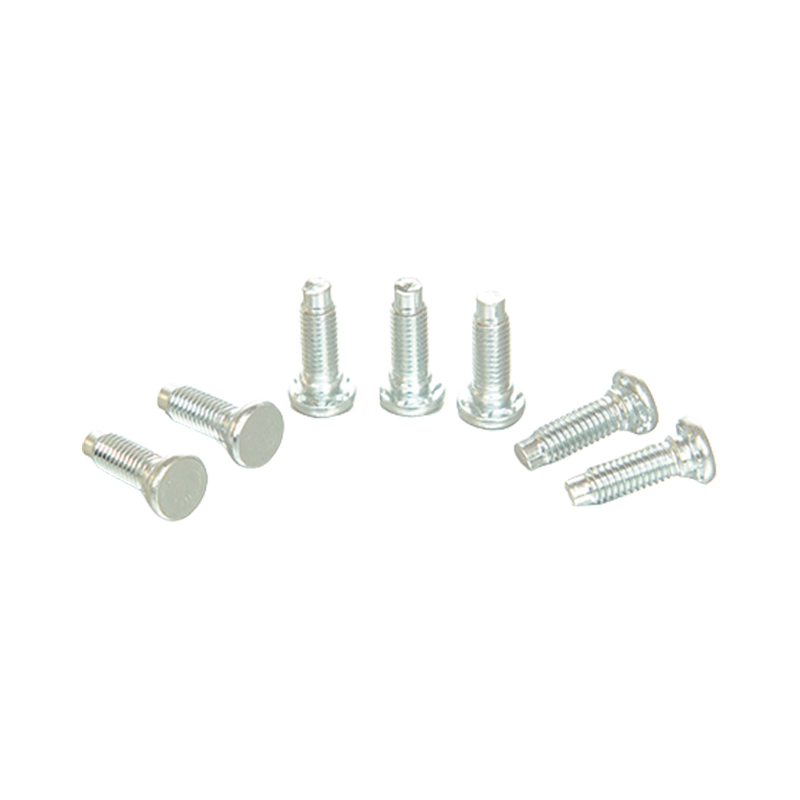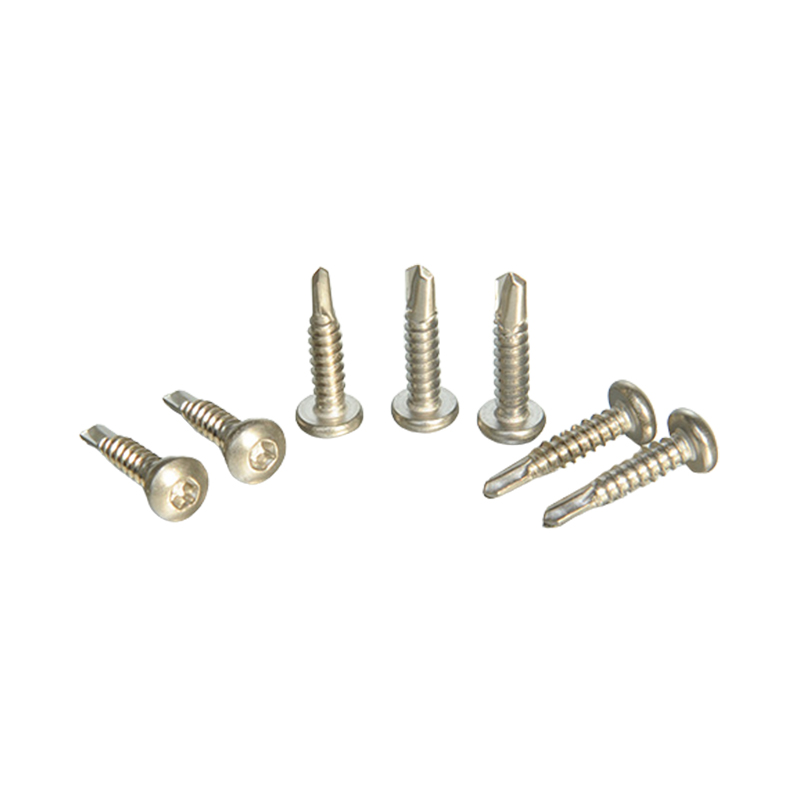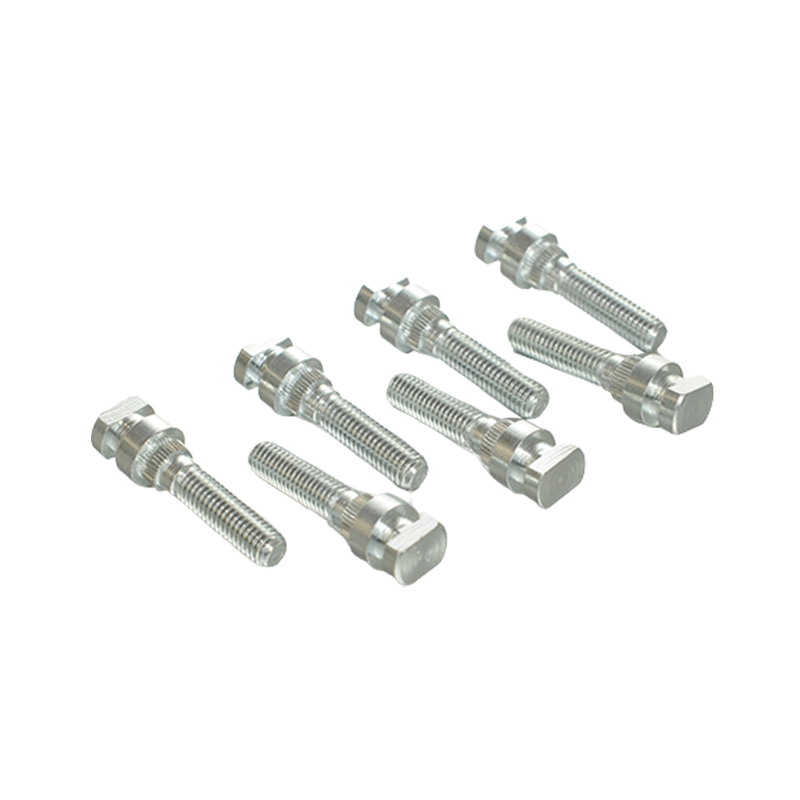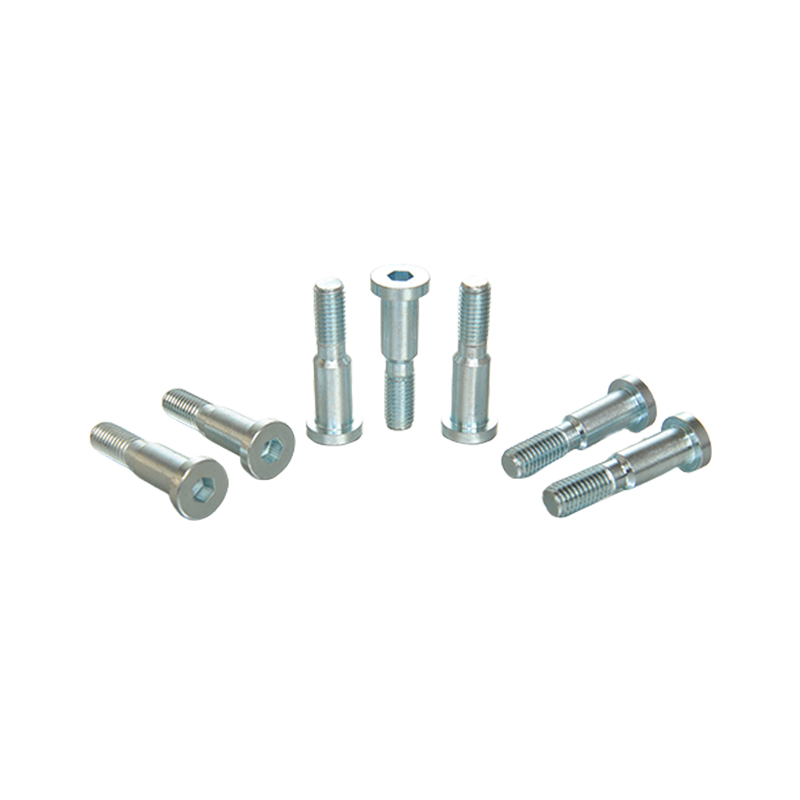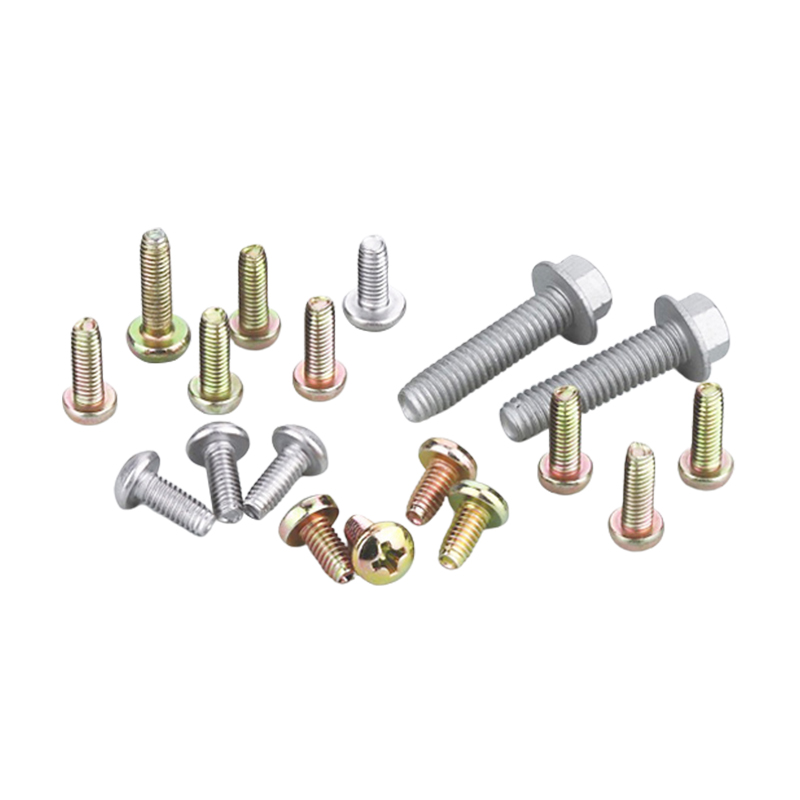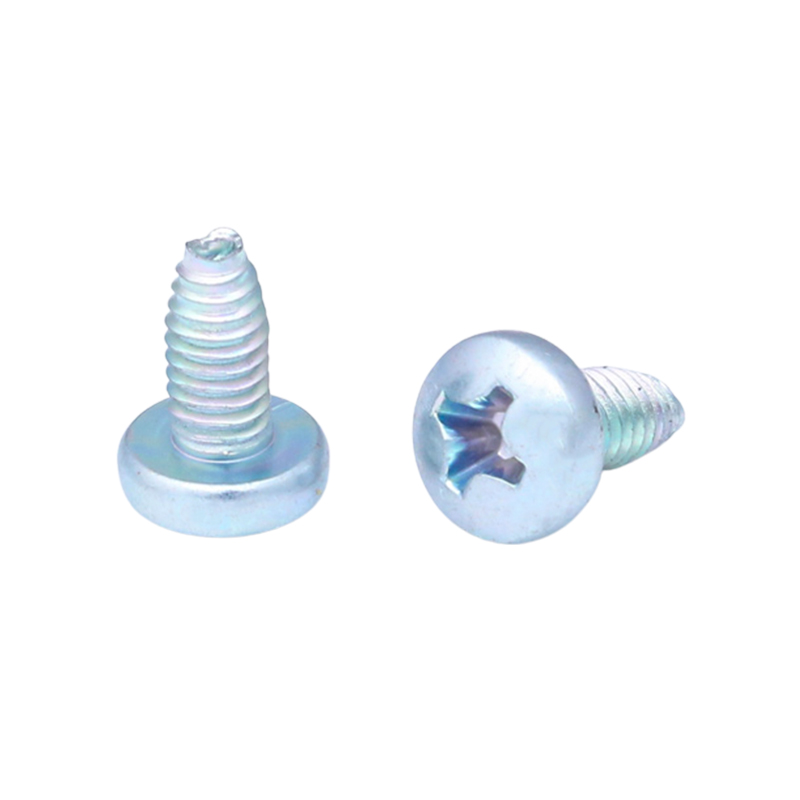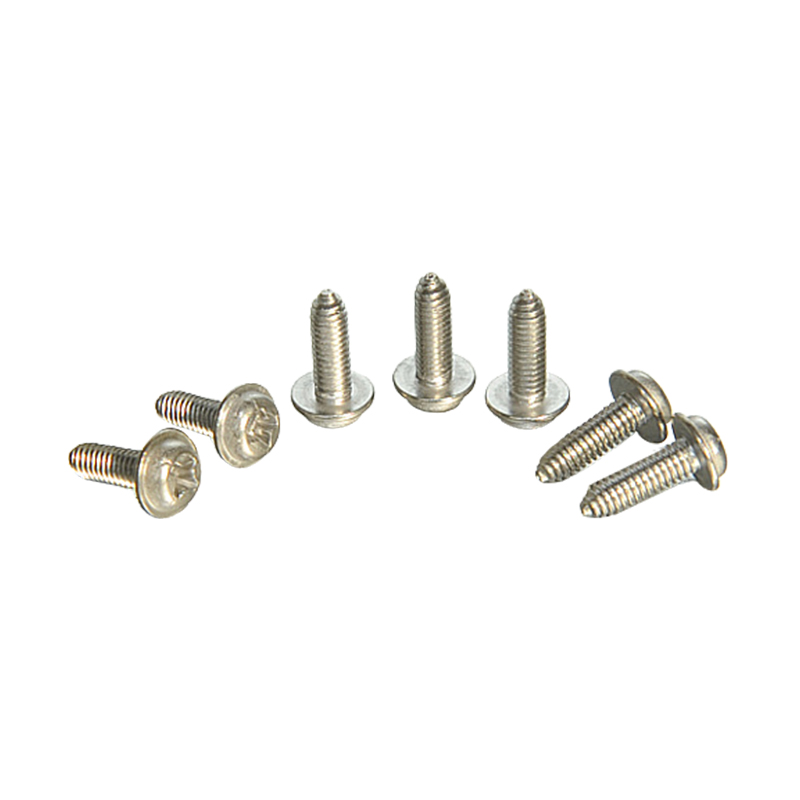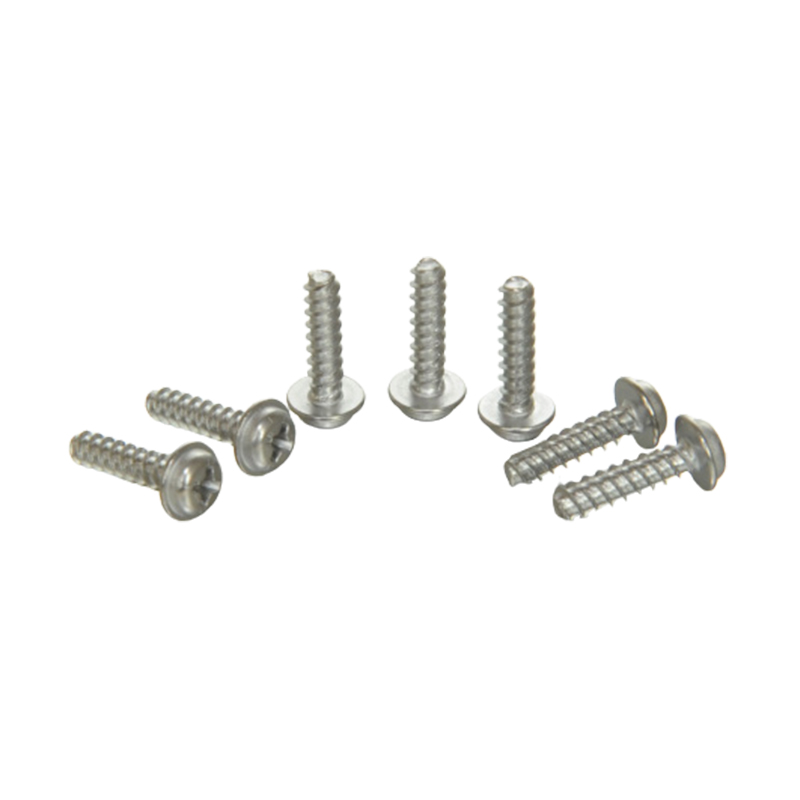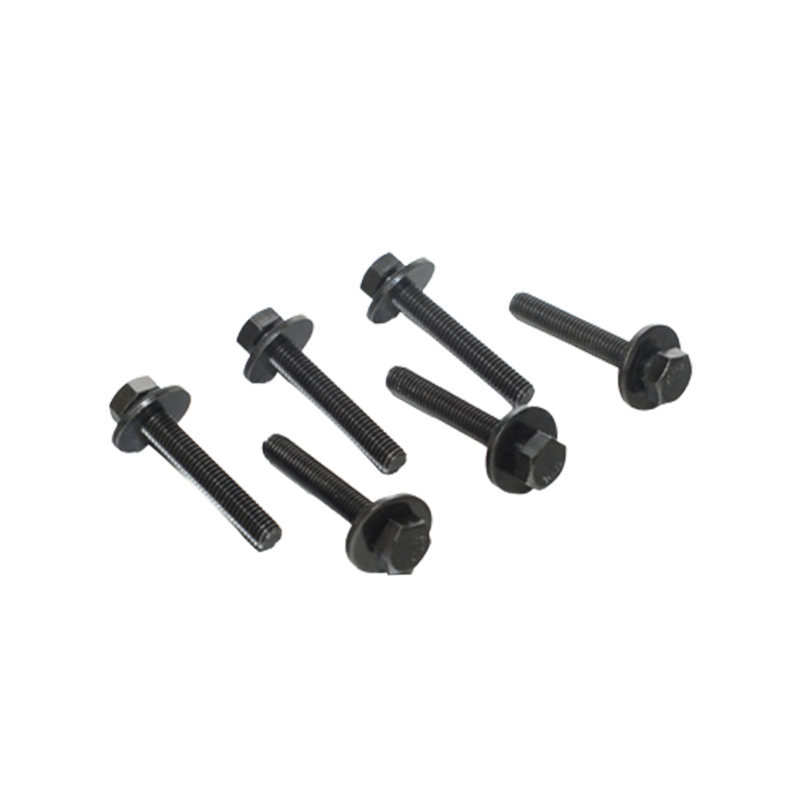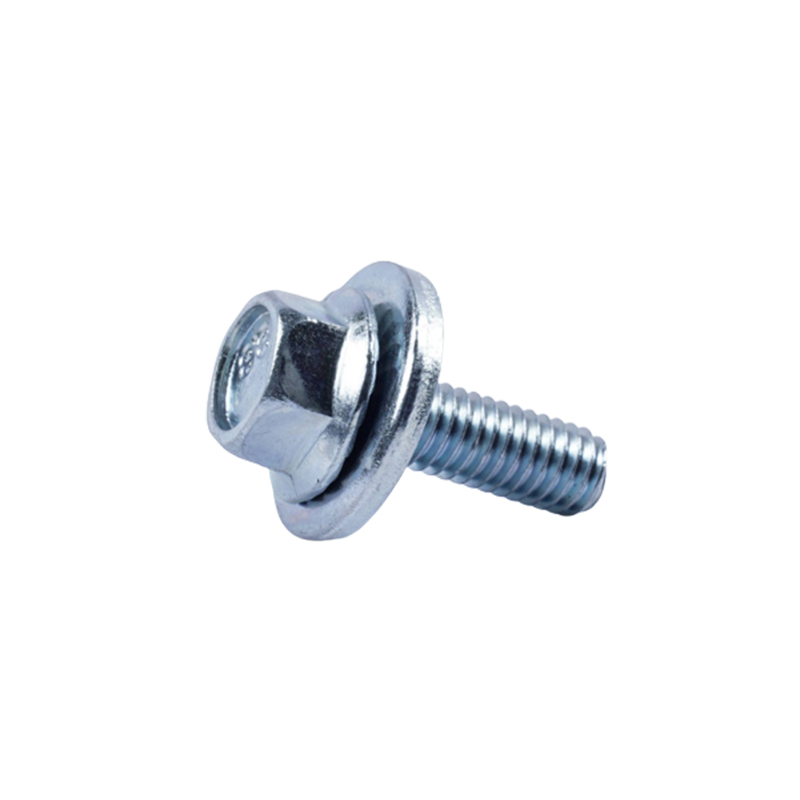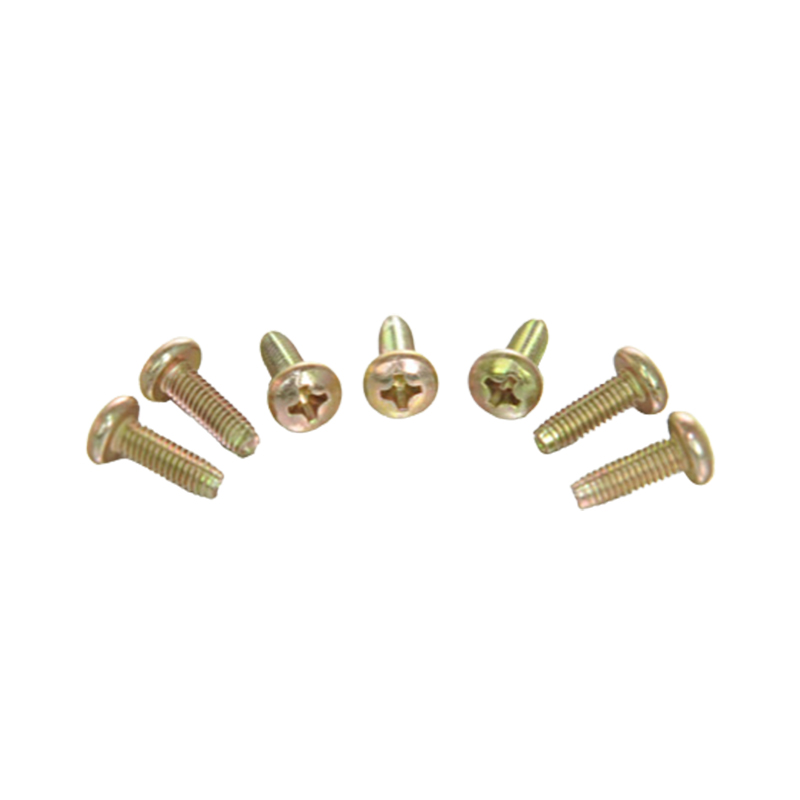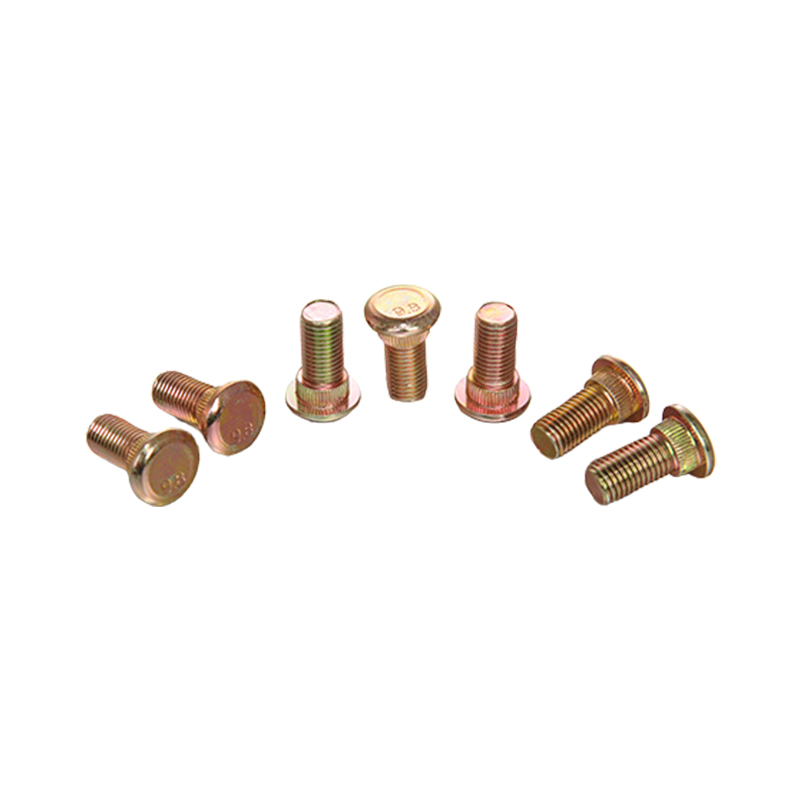Pressure riveting screws are widely used in many industrial and manufacturing fields, especially in humid or chemical environments, where oxidation resistance and corrosion resistance are important criteria for measuring their quality and durability. In order to meet the needs of these special environments, pressure riveting screws usually use specific materials and surface treatment technologies to ensure long-term stable performance.
High-quality pressure riveting screws are usually made of stainless steel, galvanized carbon steel or special alloy materials. Among them, stainless steel is widely used in humid environments and chemical industries due to its excellent corrosion resistance. Specific types of stainless steel, such as 304 and 316 stainless steel, can effectively resist oxidation and chemical corrosion, especially 316 stainless steel, whose added molybdenum element can enhance its corrosion resistance, making it suitable for use in marine environments or strong acid and alkali conditions.
In addition to material selection, the surface treatment process of pressure riveting screws also affects their oxidation resistance and corrosion resistance. Common protective treatments include galvanizing, nickel electroplating, Dacromet coating and oxidation treatment. Among them, the galvanizing process can form a protective layer on the surface of the screw, which effectively prevents oxidation and rust. Dacromet coating is a high-performance anti-corrosion technology that provides excellent corrosion resistance in extreme environments without affecting the precision dimensions and mechanical properties of the screws.
In humid environments, metal fasteners are easily affected by moisture and corroded, so the rust resistance of self-clinching screws is particularly critical. To address this issue, many products use multi-layer protection technology, such as adding a closed coating outside the plating layer to enhance durability and reduce the impact of external erosion. For applications that are exposed to humid air or water vapor for a long time, such as marine equipment, pipeline connections, or outdoor facilities, screws with waterproof sealing functions can also further increase their service life.
In chemical environments, different chemicals have different degrees of corrosion on metals, so it is necessary to select suitable self-clinching screws according to specific application scenarios. For example, in a strong acidic environment, ordinary galvanized screws may not provide sufficient protection, while acid- and alkali-resistant stainless steel or special alloys are more suitable choices. In addition, titanium alloys or Teflon-coated screws are used in some high-end application scenarios to obtain stronger corrosion resistance.
In order to ensure that the self-clinching screws have reliable protection performance in humid or chemical environments, users should pay attention to their materials, surface treatment processes and specific requirements of the application scenarios when selecting. At the same time, regularly checking and maintaining the surface condition of the screws and cleaning up the accumulation that may cause corrosion can also help extend their service life. Through scientific and reasonable selection and maintenance, self-clinching screws can maintain a stable fastening effect in complex environments and provide long-term structural support.


